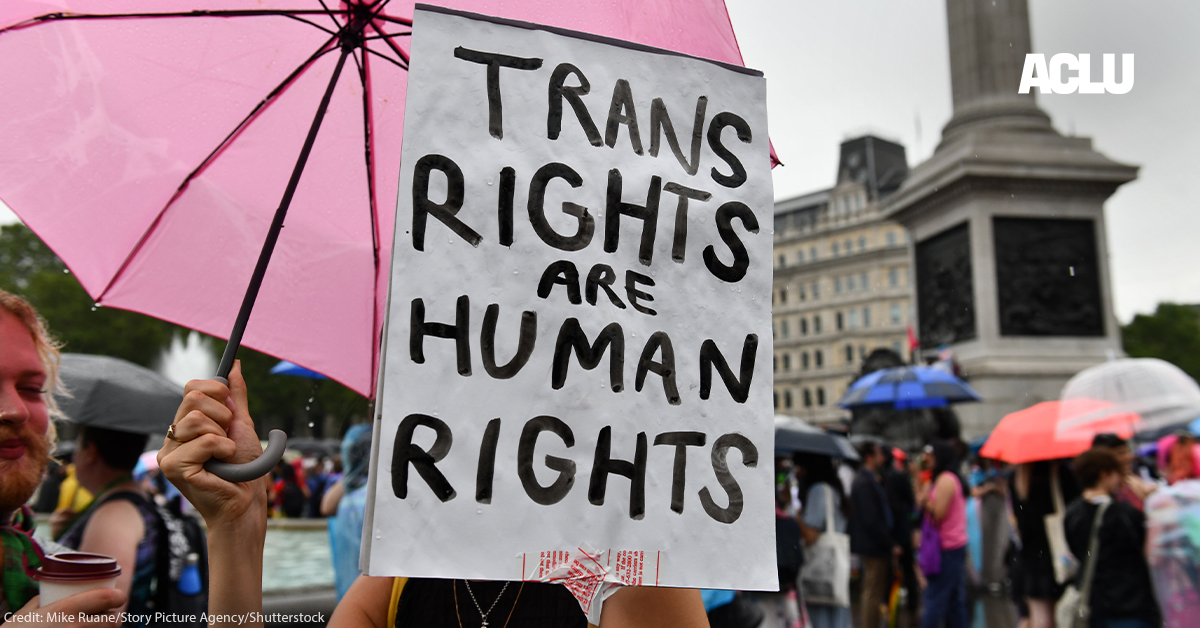
Legal Challenges and Community Responses to Kansas Transgender Legislation
In 2023, Kansas enacted legislation narrowly defining a “woman” based on biological traits, which many argue effectively erases transgender individuals from legal recognition. This law impacts not only transgender women but also cisgender women who may not meet these biological criteria due to various reasons like menopause or infertility. The ACLU of Kansas has taken a strong stance against this legislation, highlighting its lack of new protections or benefits for women, and instead, how it imposes significant limitations and stress on transgender Kansans’ lives.
State Obstacles and ACLU’s Advocacy for Transgender Rights
Following the law’s enactment, state actions have further complicated the lives of transgender residents. For instance, the Kansas Department of Health and Environment attempted to prohibit transgender individuals from updating the sex designation on their birth certificates. Additionally, despite past practices that allowed for changes in driver’s licenses and other state IDs, new restrictions were introduced, prompting legal challenges led by the ACLU. This legal battle underscores the ongoing struggle for transgender Kansans to obtain ID documents that accurately reflect their gender identity, which is crucial for their safety and privacy.
Empowering Transgender Kansans Through Federal ID Clinics and Community Support
Understanding the immediate needs of the transgender community, the ACLU of Kansas has also focused on practical solutions, such as promoting gender-affirming federal IDs. These efforts include hosting events and clinics that help individuals navigate the process of obtaining federal documents that affirm their gender identity, providing an alternative to state-issued IDs. These initiatives not only offer immediate relief but also foster a sense of community and support among transgender Kansans, reinforcing their resilience and solidarity in the face of discriminatory laws.



